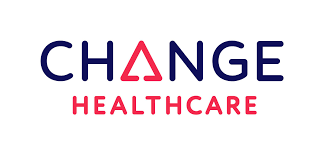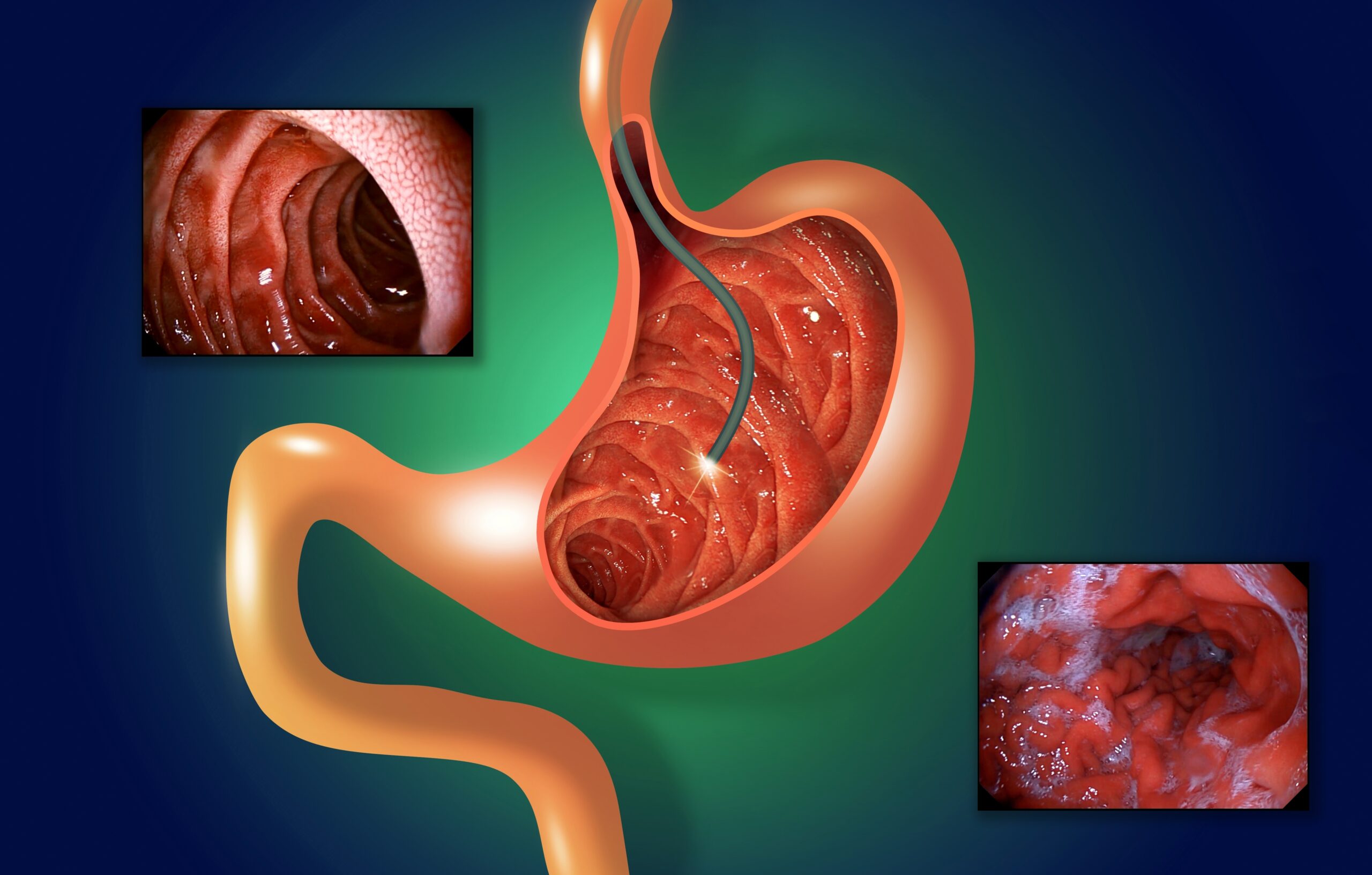 Safety/Quality
Safety/Quality
Russian ransomware group threatens cybersecurity beyond London attack

Editor's Note Qilin, a ransomware group based in Russia, claimed responsibility for a cyberattack against pathology services provider Synnovis that paralyzed London Hospitals and is now requesting $50 million, Becker’s Health IT reported June 20. Citing a report from Bloomberg, the article notes that the attack disrupted services at London-based hospitals…
Change Healthcare issues notifications of patient data stolen in cyberattack

Editor's Note Change Healthcare has started to notify health care providers about patient data stolen in the February cyberattack and announced plans to mail affected individuals as well. A unit of UnitedHealth Group, the organization issued the update June 20. “CHC is providing this notice now to help individuals understand…
Editorial: Are you a perioperative nurse or an OR nurse?

For me, the answer is easy. For 25 years I have consistently said, “I’ve never nursed an OR a day in my life; it’s always been the patients.” As perioperative nurses, what we do is about more than where we work. Why is it that 25 years after the Association…
Scaling standards from sterile processing department to clinic

Reforming instrument reprocessing practices does not always end with the main sterile processing department (SPD). Holding clinics to the same standard adds to the challenge, whether they are associated with hospitals or operate independently. Nonetheless, standardization is just as essential to maintaining efficiency and quality standards. Establishing and maintaining best…
State of the huddle: The barriers to and benefits of preop meetings

Complex problems do not always require complex solutions. Consider the surgical safety checklist. In 2020, more than a decade after the World Health Organization (WHO) started advocating that every hospital use the checklist, research from PSNET found that more than 90% of ORs in countries with a high human development…
The rise of AI in radiology—and what the future holds

When it comes to the adoption of artificial intelligence (AI) in medicine, radiology is leading the charge. As of May 13, 2024, the US Food and Drug Administration (FDA) had approved nearly 900 AI- and machine learning (ML)-enabled devices, and the vast majority of them are in radiology. One example…
Ambulatory endoscopy management strategies keep patients, finances healthy

Gastrointestinal (GI) endoscopy is one of the most common procedures in the US. Performed more than 17.1 million times per year in inpatient and outpatient hospital settings as well as ambulatory surgery centers (ASCs), GI procedures account for 68% of all endoscopies, according to a May 2022 article in Digestive…
Rural hospitals contend with challenging opportunities

Rural hospitals in the US have been facing a prolonged, multifaceted crisis. The literature presents several reasons for why healthcare facilities in rural areas struggle, including shrinking budgets, rising chronic illness and public health issues like addiction and obesity, poor telehealth and broadband access, aging populations, deteriorating mental health, and…
Study results evidence long-term effectiveness of gastric bypass surgery

Editor's Note Roux-en-Y gastric bypass surgery kept type 2 diabetes in remission for up to 15 years and maintained most of the weight loss for up to 20 years in a long-term study, according to a June 12 report in SciTech Daily. Presented the same day at The American Society…
Study: Surgeons cited for unprofessional behavior more frequently than other specialties

Editor's Note Surgeons are more likely to be reported for unprofessional behavior than any other category of physician, and pediatric specialists are least likely, according to a study published June 6 in Jama Network Open. Based on data from the Center for Patient and Professional Advocacy's Coworker Observation Reporting System…

 Free Daily News
Free Daily News